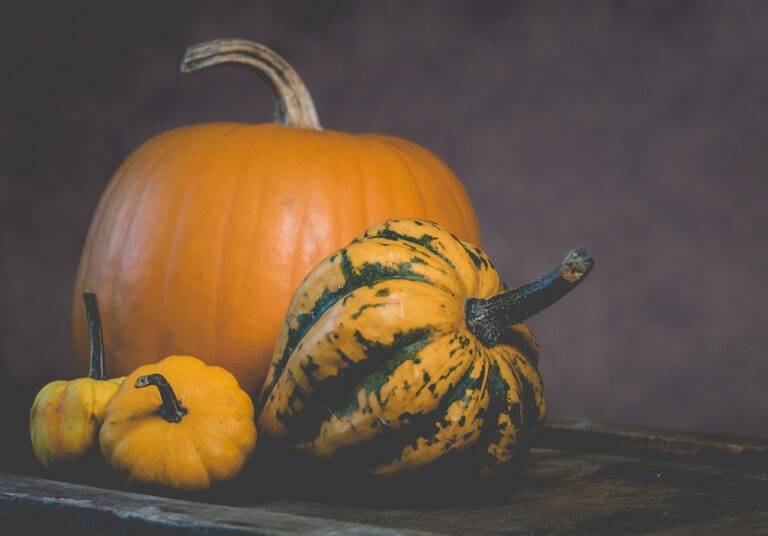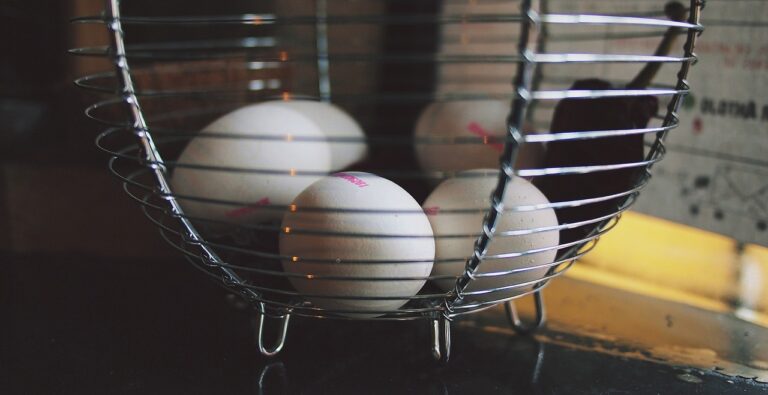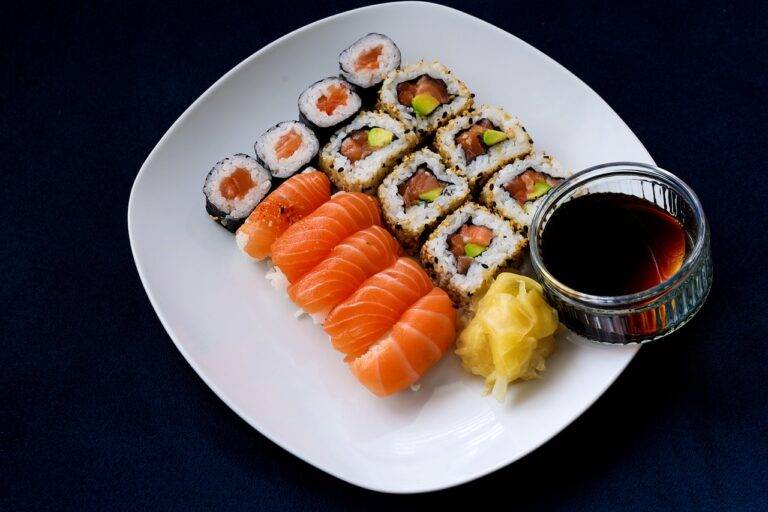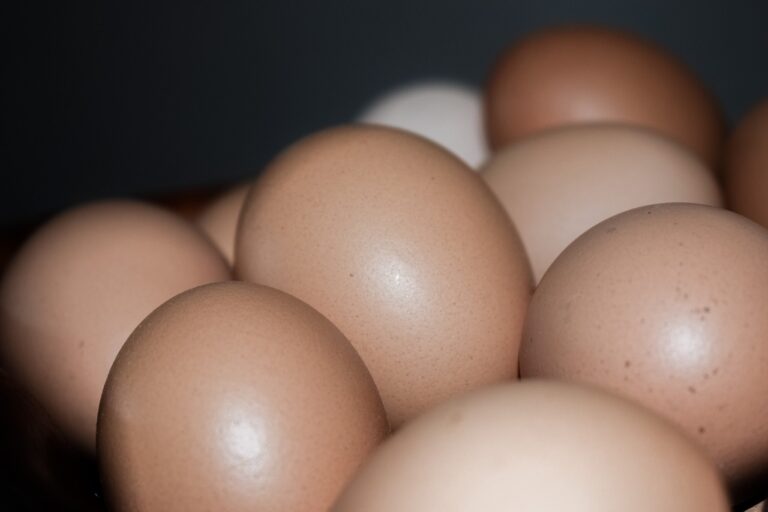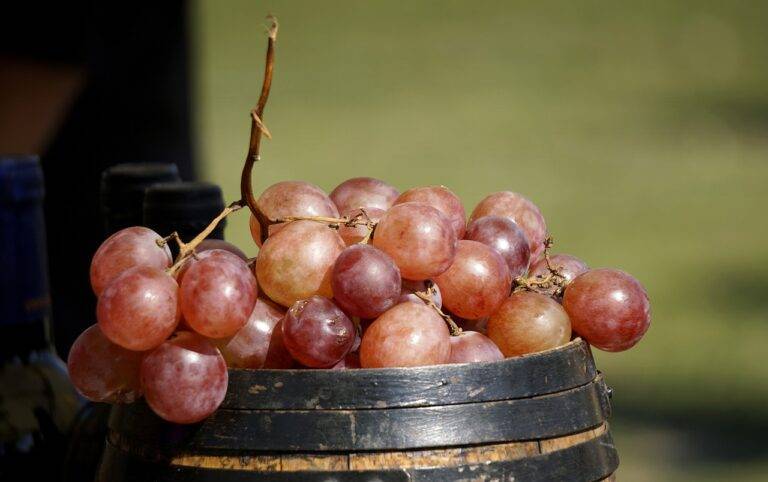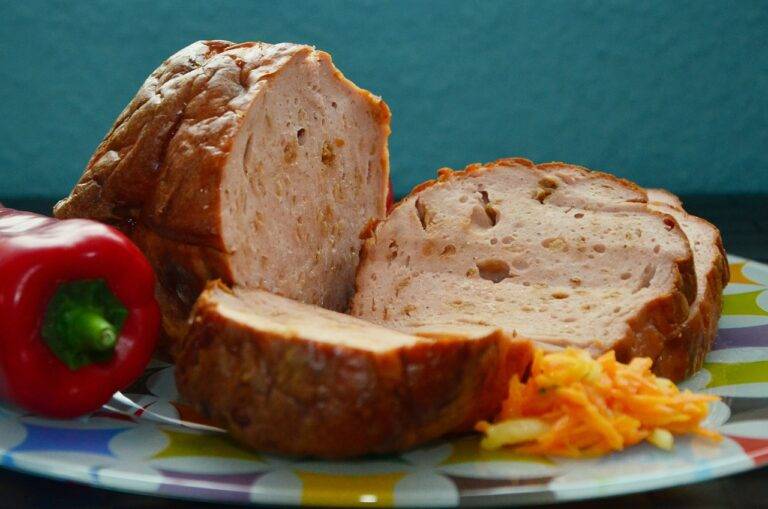Exploring the World of Artisanal Bread Making
Artisanal bread making dates back centuries and has roots in traditional methods that prioritize quality and taste. Bakers through the ages have honed their skills and recipes to create bread with distinct flavors and textures, setting artisanal bread apart from mass-produced options. These artisanal techniques have been passed down through generations, preserving the artistry and craftsmanship of bread making.
In ancient civilizations, artisanal bread making was considered a revered skill, with bakers taking pride in their creations. Techniques such as fermenting dough, using natural sourdough starters, and hand-shaping loaves were common practices that contributed to the unique character of artisanal bread. Throughout history, artisanal bakers have elevated bread making to an art form, combining tradition with innovation to create bread that reflects both expertise and creativity.
Different Types of Flour Used in Artisanal Bread Making
When it comes to artisanal bread making, the type of flour used plays a crucial role in defining the texture, flavor, and overall quality of the bread. Different flours offer unique characteristics that contribute to the final product.
One commonly used flour in artisanal bread making is all-purpose flour, which is versatile and readily available. It has a moderate protein content and works well for a variety of bread recipes, from simple sandwich loaves to rustic sourdough boules. Another popular choice is bread flour, which has a higher protein content than all-purpose flour, resulting in a chewier texture and better structure in the bread. Additionally, whole wheat flour, made from grinding the entire wheat kernel, adds a nutty flavor and extra nutrients to artisanal breads.
What is the history of artisanal bread making?
Artisanal bread making dates back to ancient times when bread was handmade using natural fermentation techniques. This method has been passed down through generations and is still used by many bakers today.
What are the different types of flour used in artisanal bread making?
Some common types of flour used in artisanal bread making include bread flour, whole wheat flour, rye flour, and spelt flour. Each type of flour brings its own unique flavor and texture to the bread.
What is bread flour?
Bread flour is a high-protein flour that is ideal for making artisanal breads with a chewy texture and good structure. It is often used in recipes that require a longer fermentation process.
What is whole wheat flour?
Whole wheat flour is made from grinding whole wheat grains, including the bran, germ, and endosperm. It adds a nutty flavor and a hearty texture to artisanal breads.
What is rye flour?
Rye flour is made from grinding rye grains and is commonly used in traditional European breads. It has a distinct flavor and adds a dense, chewy texture to artisanal breads.
What is spelt flour?
Spelt flour is an ancient grain that is related to wheat but has a slightly nutty flavor. It is often used in artisanal bread making for its unique taste and nutritional benefits.


